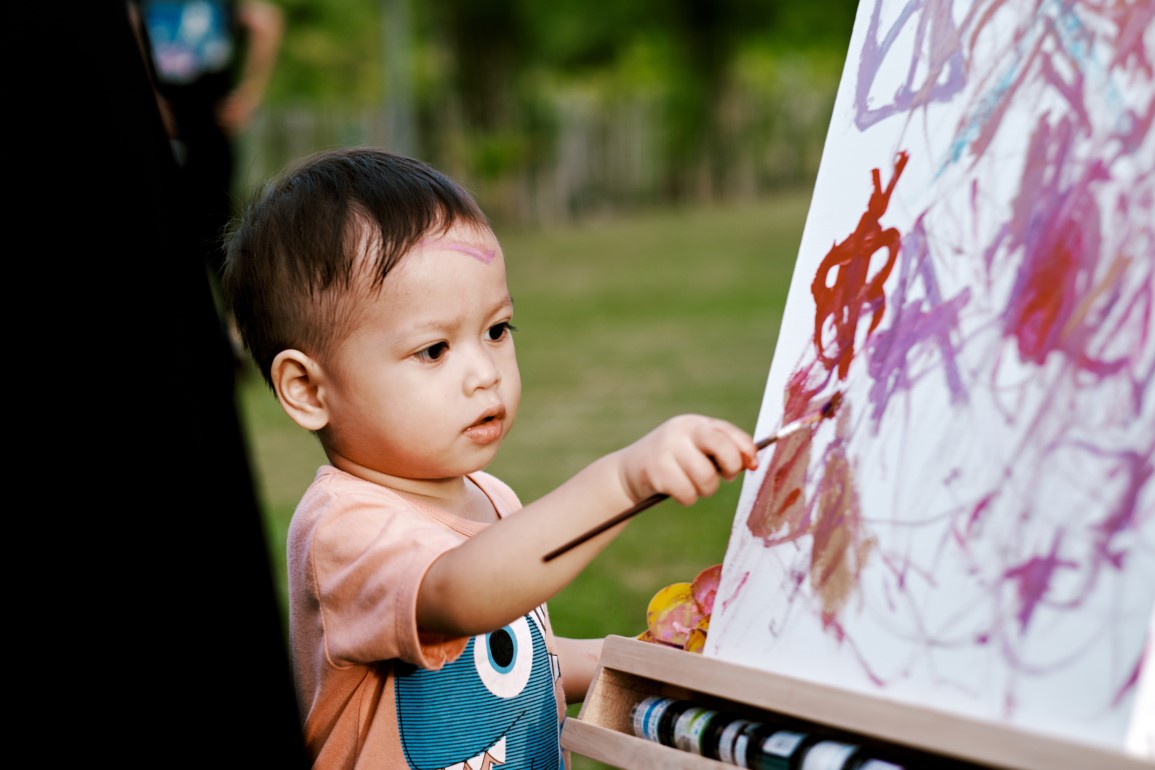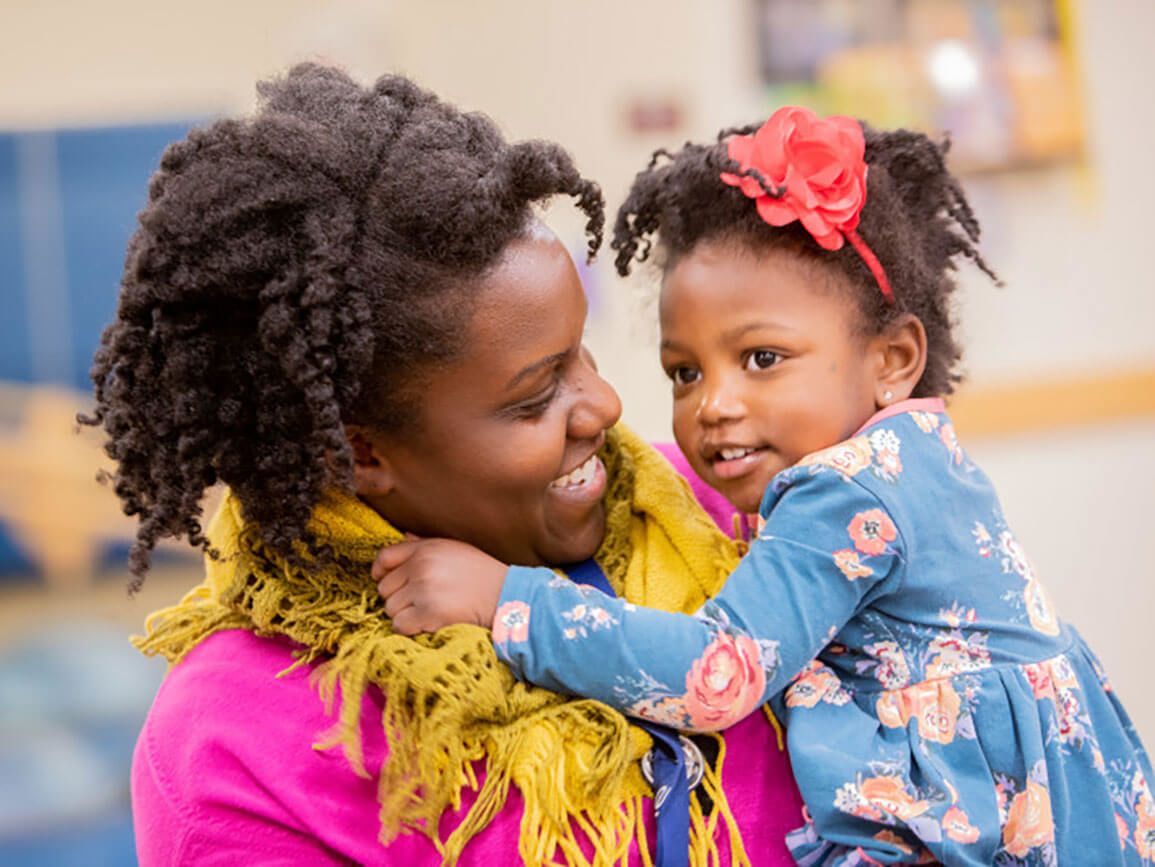What does confidence look like in kids? It might not be what you think.
Sure, the kids burning it up on the sports field or the school play have lots of confidence. But self-assurance can also be quieter – kids willing to try new things; speak up, stand up for others, make eye-contact, and contribute their own ideas. Confidence is also what helps kids to be bold enough to try, and try again.
“Confident children,” wrote the Mayo Clinic not long ago, “believe in themselves and can face new challenges without fear.”
Still, knowing you want your kids to be confident and helping them actually become so are two different things. As a practical matter, how do you support confidence building?
Experts say it’s not a one-and-done, but a long game. And there are four practical places you can start.
Ask questions: As grownups, we’re practically hard-wired to give advice. But we need to be good at listening, too. Ask your child what they think, take a beat before responding, and actively listen to their answers. Such attention conveys to kids that their opinions are both valuable, and valued, and that will have payoffs that will last. “Listening to your children,” wrote one psychotherapist on LinkedIn, “not only improves the parent-child relationship, but it teaches children how to develop healthy personality, self-esteem, and healthy relationships.”
Be reliable: Security builds boldness. And that’s built from adult figures who are dependably in kids’ corners. So, do what you say you’ll do, be where you say you’ll be, and set clear limits and boundaries that are firm, consistent, and reliable, with the same message every time. “Routines and rituals,” one expert from Chicago told CNN, “can be very comforting and useful.”
Demonstrate empathy: The feelings behind your child’s behavior or words can be more important than the words themselves. Respect those feelings – even when you disagree. “Try to see things from their perspective, and then let them know that you see how they are feeling,” say experts at the Mayo Clinic. “Children who can be their true selves will grow in self-confidence.”
Promote curiosity – and trial and error: Kids give up easily when they think effort is fruitless (what’s called a “fixed mindset”). A growth mindset, on the other hand – the hallmark of confident kids – allows them to tinker, embrace challenges, and persist in the face of setbacks. That comes from kids who are unleashed to try and fail because they know the adults in their lives will love and support them no matter what. “Unconditional regard,” writes a parenting columnist in the Washington Post, “fills our kids with the confidence to believe in their ability to succeed on their own.”
On its own, each of the above is a powerful step. But together, they’re even more powerful, forming parts of what’s called positive parenting – defined by respectful relationships and clear expectations – that experts call one of the most effective ways to raise kids.
“When kids feel a strong connection to their parents,” wrote one parenting expert on CNBC, “they’re more likely to grow up to be resilient, confident, caring, and responsible adults.“
That’s something to be positive about.




